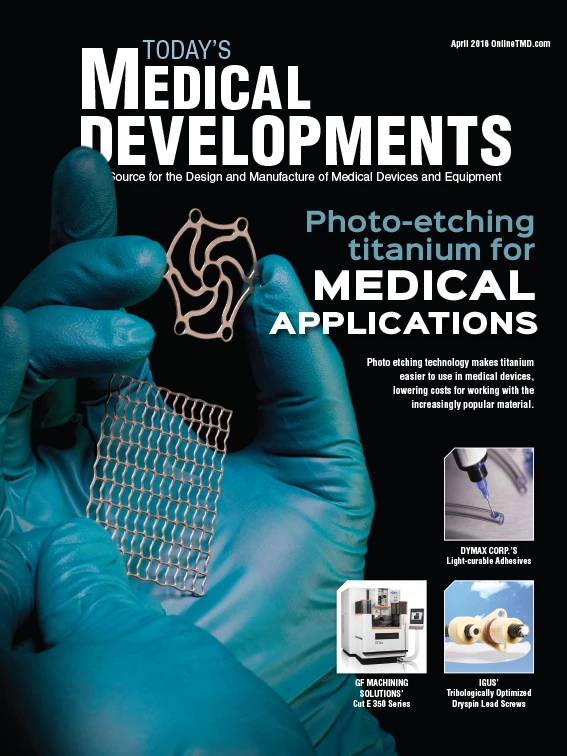
Scientists at Nanyang Technological University, Singapore (NTU Singapore), have developed a smart chip that can be paired with neural implants for wireless, high-accuracy transmission of brain signals.
Neural implants, when embedded in the brain, can alleviate symptoms of Parkinson’s disease or give paraplegics the ability to move prosthetic limbs. However, they need to be connected by wires to a device outside the body. For a prosthetic patient, the neural implant connects to a computer that decodes brain signals to move the artificial limb. These external wires are not only cumbersome but permanent openings that allow the wires into the brain increase the risk of infections.
“What we have developed is a versatile smart chip that can process data, analyze patterns, and spot the difference,” Assistant Professor Arindam Basu from NTU Singapore’s School of Electrical and Electronic Engineering explains. “It is about a hundred times more efficient than current processing chips on the market. It will lead to more compact medical wearable devices, such as portable ECG monitoring devices and neural implants, since we no longer need large batteries to power them.”
Different from other wireless implants
To achieve high accuracy in decoding brain signals, implants require thousands of channels of raw data. Wirelessly transmitting this large amount of data requires more power, which means either bigger batteries or more frequent recharging – neither of which are feasible since there is limited space in the brain while frequent recharging limits implants used for long-term signal recording.
Since current wireless implant prototypes suffer from a lack of accuracy due to insufficient bandwidth to send the raw data, Basu tried a different approach – he reduced the amount of data to be transmitted.

The smart chip analyzes and decodes thousands of signals from the neural implants before compressing the results and sending them wirelessly to a small external receiver.
Beyond medical implant use, the smart chip can analyze data patterns and spot abnormalities. In a security camera, the chip can be programmed to send a video only when an intruder is detected.
Basu is in talks with Singapore Technologies Electronics Ltd. to adapt his smart chip to battery-operated remote sensors, such as video cameras, since the chip can reduce power consumption and increase the amount of data transmitted. The team is also looking to expand applications of the chip into other commercial products, such as smart home sensor networks.
The chip, measuring 5mm x 5mm, are available for licensing from NTU’s commercialization arm, NTUitive.
NTU Singapore

Explore the April 2016 Issue
Check out more from this issue and find your next story to read.
Latest from Today's Medical Developments
- Machine learning framework enhances precision, efficiency in metal 3D printing
- SkillMill – 60-year-old milling machine with digital twin
- Lumetrics’ OptiGauge II EMS
- EMI completes installation of 128-axis CNC turning & milling machine
- Ottobock invests in innovative technologies from MIT start-ups
- Air Turbine Technology's high-speed live tools for Swiss Lathes
- Sandvik announces several software acquisitions
- Dart Controls’s EZ VFD, variable frequency drives






